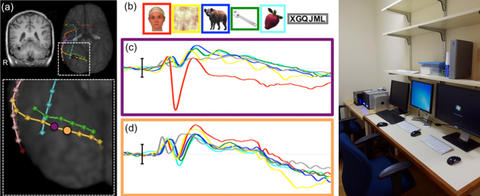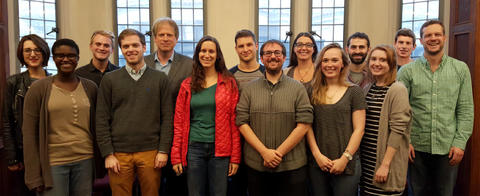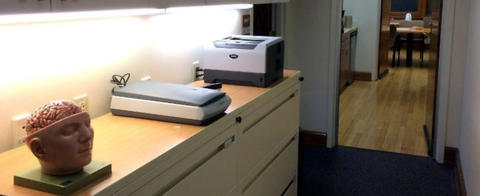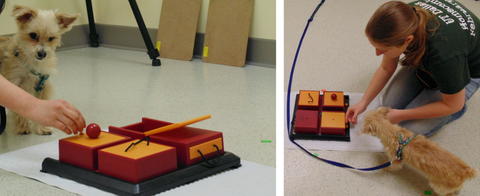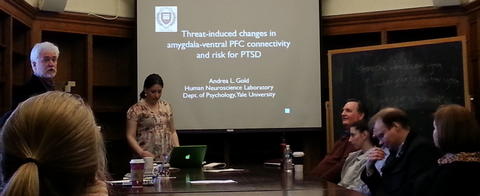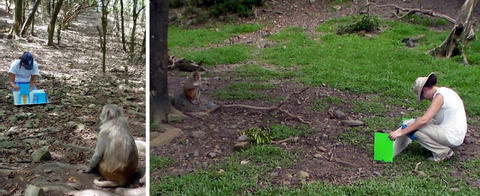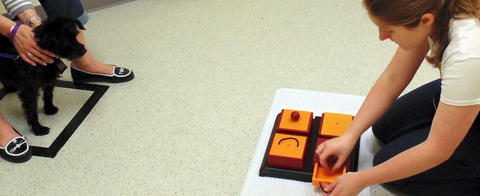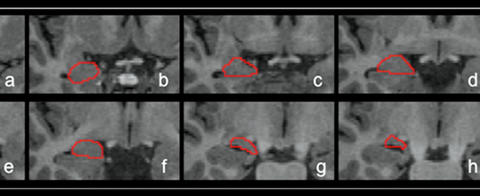The Psychology Department organizes itself into five programs representing the major substantive domains of psychology at Yale. Weekly seminars for faculty and students are offered in each of these programs.
Research
Clinical Psychology
The Clinical Psychology area is dedicated to research and training in clinical science. The graduate program aspires to educate the next generation of leading academic and research psychologists and to create an environment for advancing research related to psychopathology and its treatment.
Cognitive Psychology
The program in Cognitive Psychology is concerned with basic research in perception, human learning and memory, consciousness, thinking and problem solving, language, and intelligence, as well as with applications of this basic research to everyday settings. Much of the research in the cognitive group bridges across these various fields of specialization. In addition to the core faculty in Cognitive Psychology, many faculty members with other primary specializations are also interested in cognitive research.
Developmental Psychology
In keeping with the distinguished history of the Developmental program at Yale University, faculty and students within this program study a wide range of populations (non-human primates, infants, children of all ages, adults) to investigate the ontogenetic and phylogenetic origins and development of cognitive and social processes. The areas of study are diverse, including conceptual development, social cognition, judgment and decision-making, moral cognition, causal understanding, categorization, and prosocial behavior.
Neuroscience
The Neuroscience program area within the Psychology department encompasses a diversity of approaches to the study of the biological basis of mental phenomena and clinical disorders. Faculty within the program use modern neurobiological techniques to study learning and memory, social cognition, decision-making, as well as visual attention and perception.
Social/Personality Psychology
The Social/Personality Psychology program at Yale University has trained research scholars for more than sixty years. Under the influence of Carl Hovland in the 1940’s and 1950’s, the Yale program was concerned primarily with persuasion and attitude change. This group of psychologists, some of whom continue to be active in the Department even today, set the course for the Yale program through their investigation of problems such as the links between frustration and aggression, public opinion formation, and the cognitive basis of social behavior.

